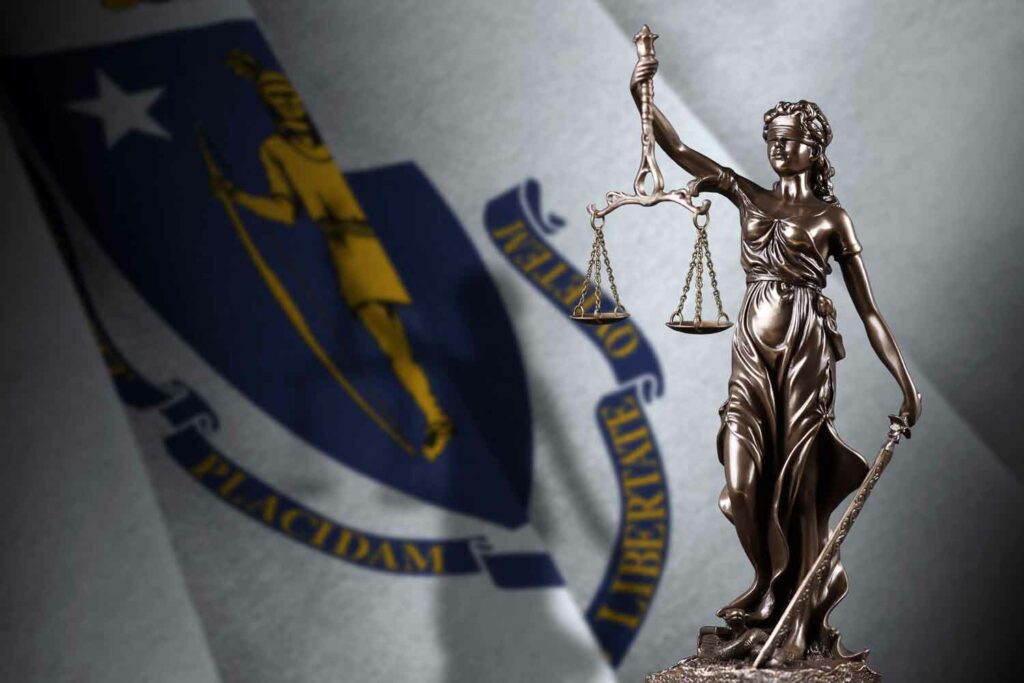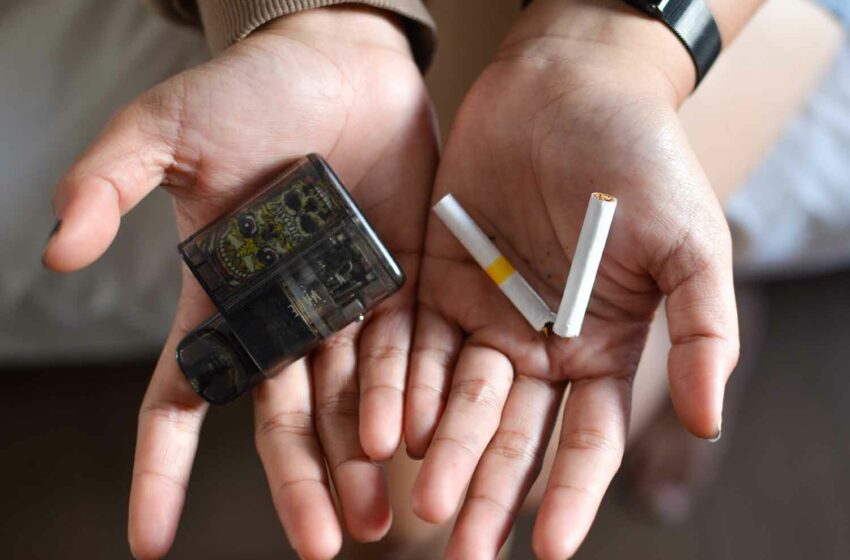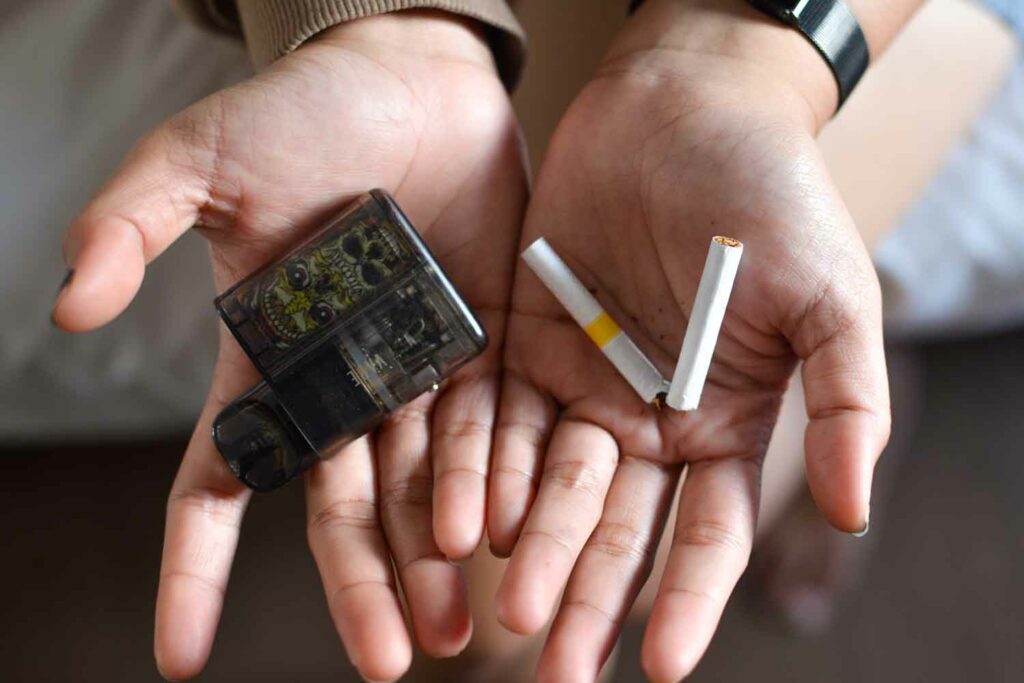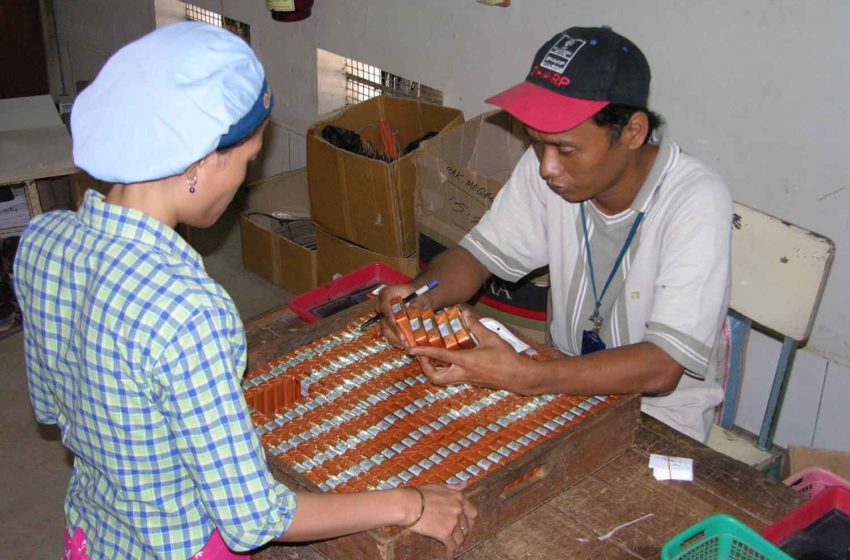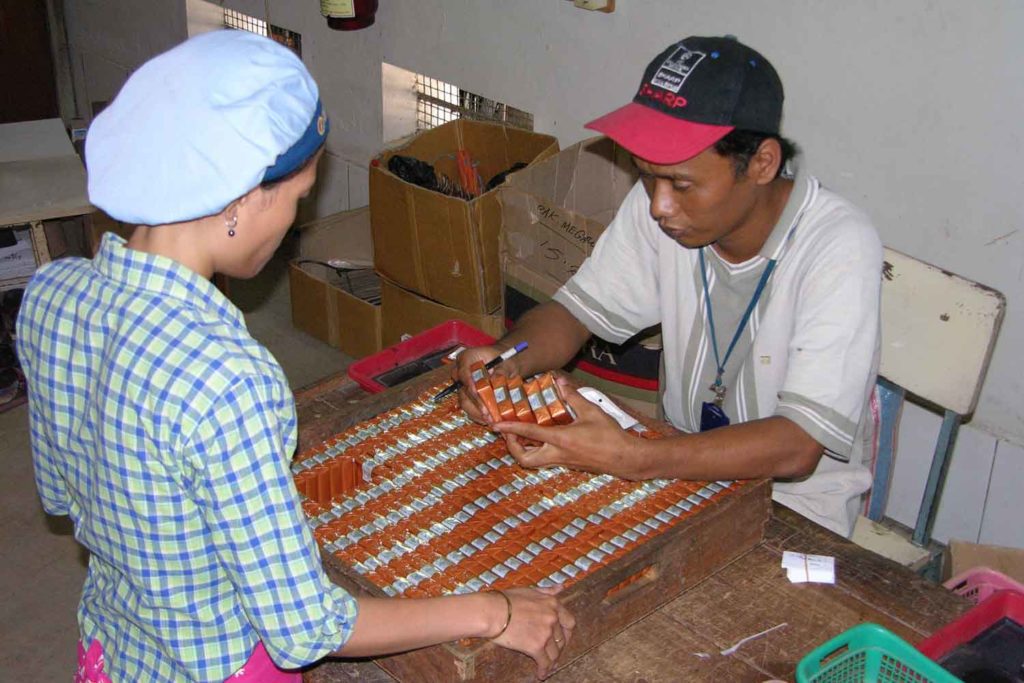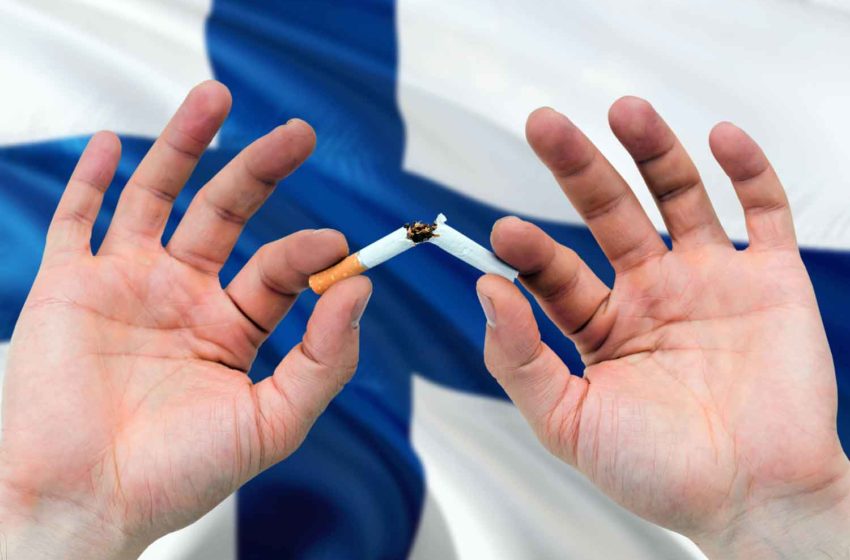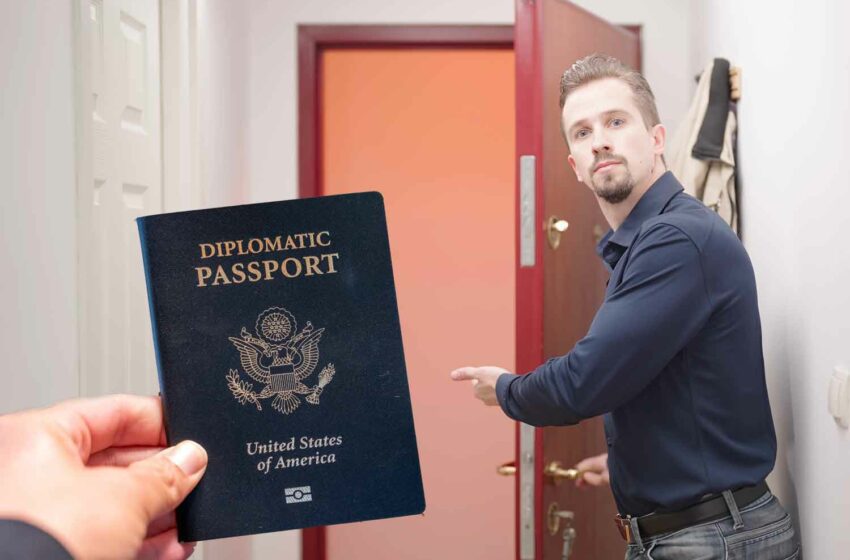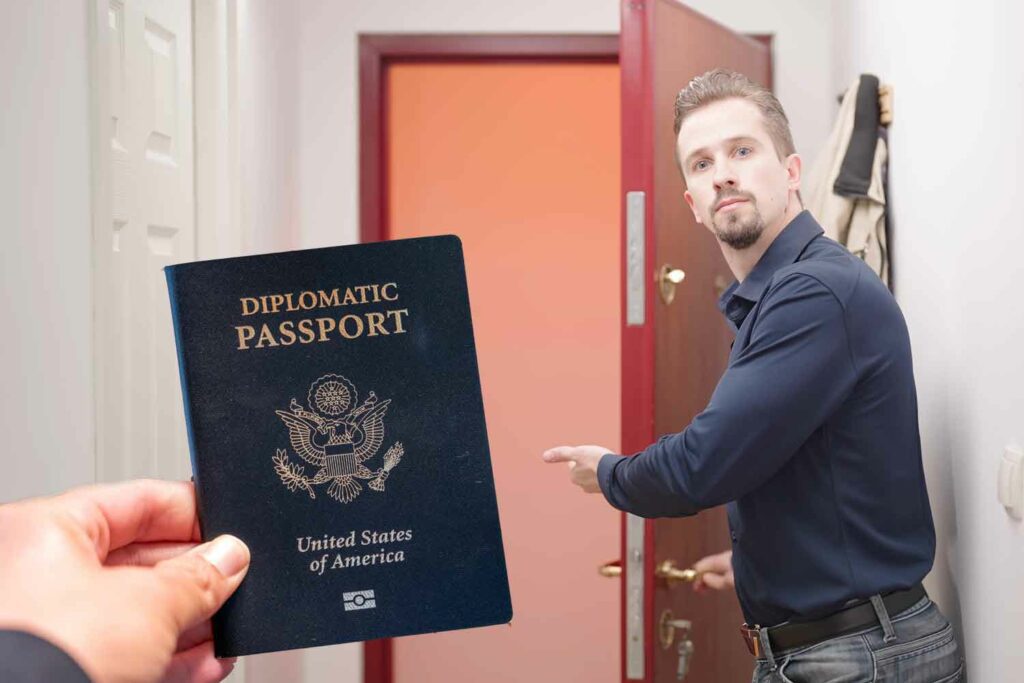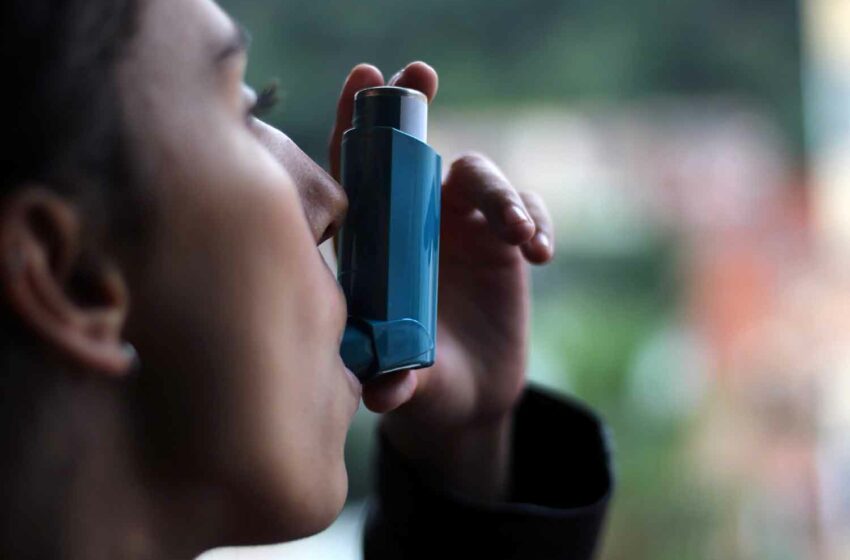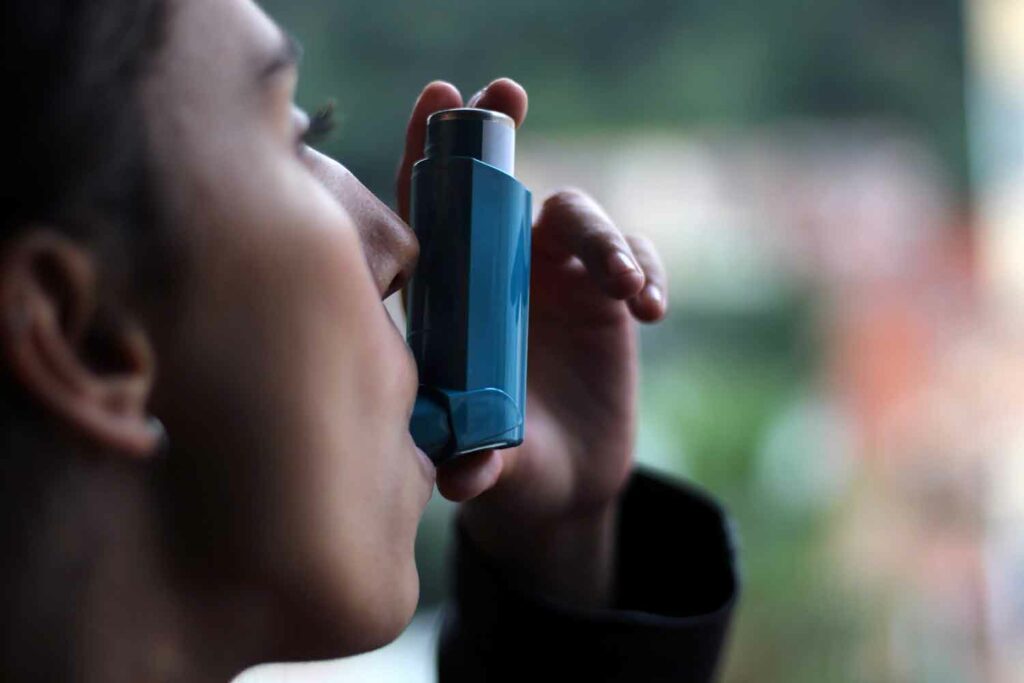The Philippines’ Department of Social Welfare and Development (DSWD) has drawn fire for allegedly accepting donations from Philip Morris Fortune Tobacco Corp. (PMFTC), reports The Inquirer.
According to critics, PMFTC donated three mobile clinics to the agency earlier this year for use in social welfare and disaster response operations.
In a statement released Aug. 9, the advocacy group Parents Against Vape said the “acceptance and promotion” of the tobacco industry by government officials “raised serious ethical, legal and health-related issues.”
“The actions of these government officials and the accompanying display of support could be construed as a blatant endorsement of an industry that is known for its detrimental health effects and are deeply troubling for several reasons,” said Parents Against Vape President Rebie Relator.
The group called for “a thorough investigation” into the action of the officials of government agencies involved, saying it violated several laws and policies.
In February this year, the DSWD’s legal service recommended declining the PMFTC donation, prompting Social Welfare Secretary Rex Gatchalian to ask the legal opinion of the Department of Justice (DOJ) in May.
On June 6, the DOJ said it would be OK to accept the donations. Justice Secretary Jesus Crispin Remulla maintained that the Civil Service Commission and Department of Health rules on donations cover only officials and employees and do not extend to government agencies and offices in general.
Nonetheless, several former government officials criticized the DOJ and DSWD’s acceptance of tobacco donations, arguing that the World Health Organization Framework Convention on Tobacco Control, to which the Philippines is a signatory, forbids government officials and employees from soliciting or accepting gifts, favors or donations from tobacco-related entities.
“Civil service rules could not distinguish the agency actions from the actions of its officers or employees,” said Civil Service Commissioner Mary Ann Fernandez Mendoza. “Otherwise, who will be made accountable for violation of civil service rules if we accept the [DOJ] interpretation? It goes against the principle that public office is a public trust.”
